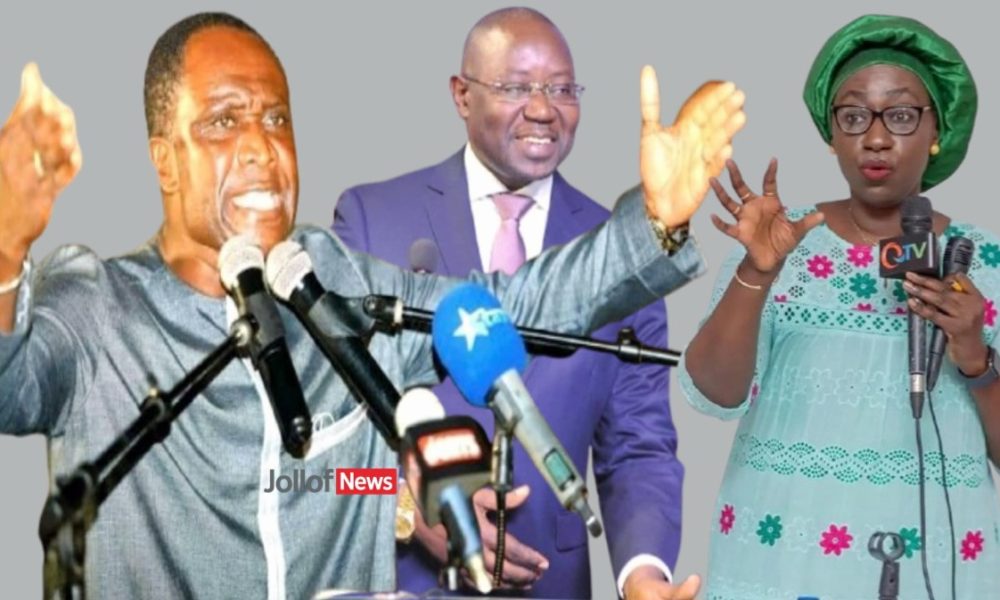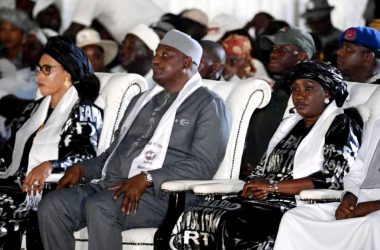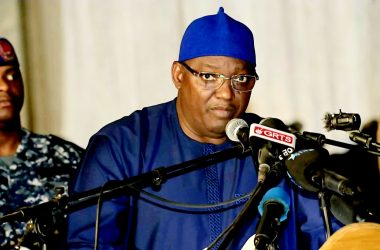Political party leaders Mai Ahmed Fatty and Henry Gomez might be seen in the ruling NPP circle as top political guns, but female member of The Gambia’s Parliament Hon. Fatoumatta Njie has suggested that both Fatty and Gomez are political featherweights because they command no base, likening them to generals without soldiers.
“I am aware that Henry Gomez is [an] adviser to the President because of his so-called contribution in 2016,” Hon. Njie, widely referred to as Touma, said in an interview with Coffee Time With Peter Gomez on Wednesday.
When put to her by host Peter Gomez that Henry must have contributed or else he wouldn’t have been given the role[presidential adviser], Touma replied: “I say so-called and I mean it because I have never come across any person that says I am a member of Henry Gomez’s party or Mai Fatty’s party. I give them respect because they have been claiming to be party leaders since Yahya Jammeh’s time and I think that is all the more reason why they should have stood their ground to make sure that we do not go back to what we fought against in 2016. And I am seeing signs that we are going back to 2016 or even worse not in terms of human rights, but the level of corruption is way more than it used to be during Jammeh’s time.”
According to legislator Njie, Jammeh was the only one dipping his hands into the State coffers during his rule.
“During Jammeh’s time, it was a one-man show, only Jammeh was corrupt. But right now, it seems like the power of grabbing. Everybody grabbing left, right and centre,” she alleged. “Every time I pass around Fajara, I feel embarrassed by the fact that the Head of State can take that amount of land that was owned by the government and been re-allocated.”

The land NAM Njie referenced was a subject of passionate public discourse last year when it was raised by Lawyer Ousainou Darboe. Both the Gambian leader and his government were widely rebuked for the Fajara land allocation to Mr. Barrow. Many people people severely criticized the Barrow administration for re-allocating the land to the President, which was set aside for chief justices.





